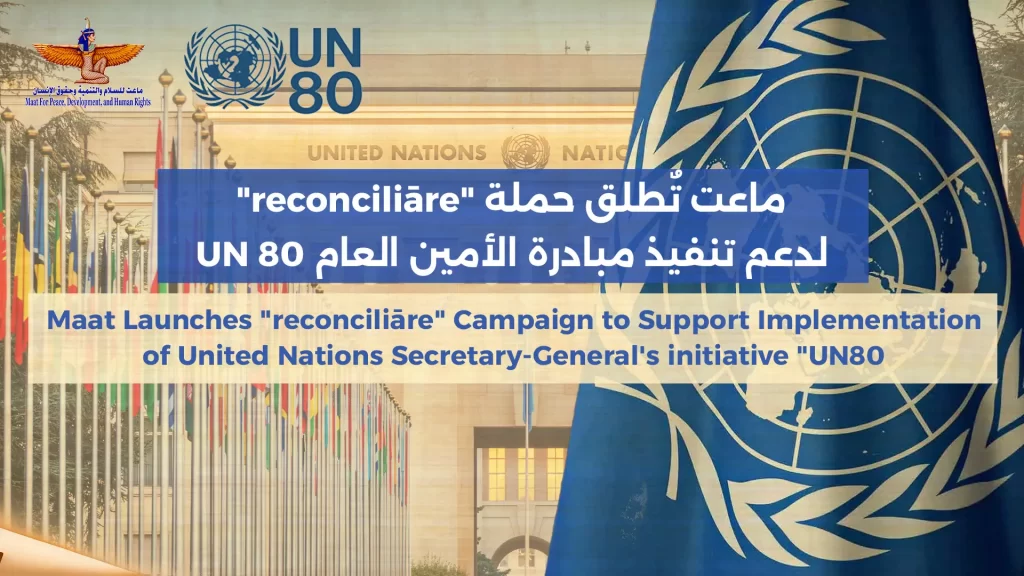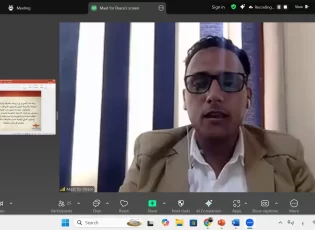Maat Discusses Combating Hate Speech in Poland
Eslam Fawky: Promoting a culture of tolerance is vital to combating hate speech
Maat for Peace, Development and Human Rights has participated in a youth program to tackle hate speech and combat extremism in Poland. The program was attended by 30 young men and women from 11 Arab and European countries, namely: "Egypt, Poland, Slovakia, Bulgaria, Greece, Jordan, Palestine, Ukraine, Serbia, Azerbaijan, and Malta.
The program focused on strengthening the role of civil society organizations in combating extremism by spreading tolerance, promoting intercultural dialogue, and combating all forms of hate speech. Maat, in its part, has effectively participated in a number of interactive workshops to clarify some mechanisms for addressing hate speech.
Eslam Fawky, director of the Policy Analysis Unit at Maat, indicated that social media platforms have become a powerful tool used by extremist groups to incite against people and groups as well as to magnify and circulate its violent extremist ideologies. Fawky added that civil society has a huge responsibility towards spreading a culture of peace, tolerance and acceptance of the other, owing to its influential role in combating violence and extremism.
Passant Essam, deputy director of the Sustainable Development Unit at Maat, explained the role of international human rights protection mechanisms in combating hate speech and incitement to violence, which could lead to hate crimes. Essam pointed to the need to combat all forms of discrimination, encourage equality and promote a culture of peace, understanding and acceptance of others.
For her part, Marina Sabry, deputy director of the International Human Rights Protection Mechanisms Unit, explained the role of civil society organizations in addressing hate speech, focusing on the role played by Maat in cooperation with international human rights mechanisms in confronting this type of discourse.
Tackling hate speech, Marina added, is a shared responsibility of all institutions and people; it is cannot only be tackled by issuing legislations but also promoting a culture of tolerance and embracing difference, steering the importance of dialogue between different religious institutions and cultures and its vital role in spreading a culture of accepting others, embracing difference and rejecting hatred.
shortlink: https://maatpeace.org/en/?p=35318
















